Search
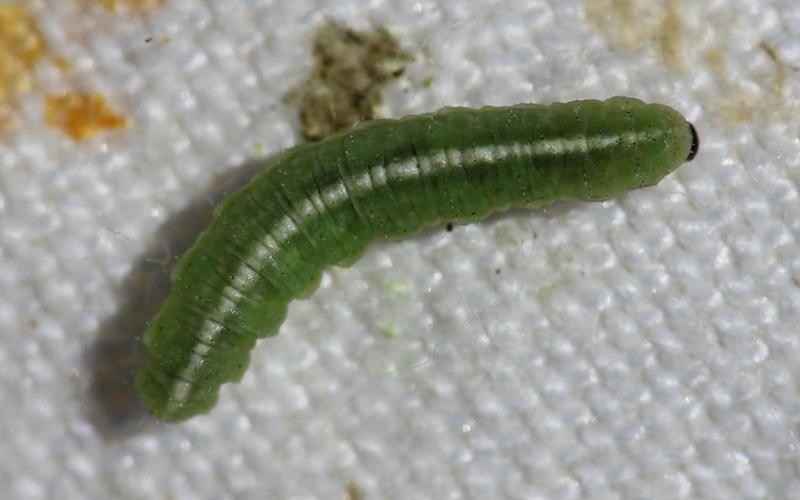
Alfalfa Weevil Activity Prediction Update: April 20, 2020
During the last week, the colder weather that we experienced across South Dakota resulted in very little degree day accumulation. However, in some areas enough degree days have accumulated to potentially lead to adult activity within alfalfa fields.
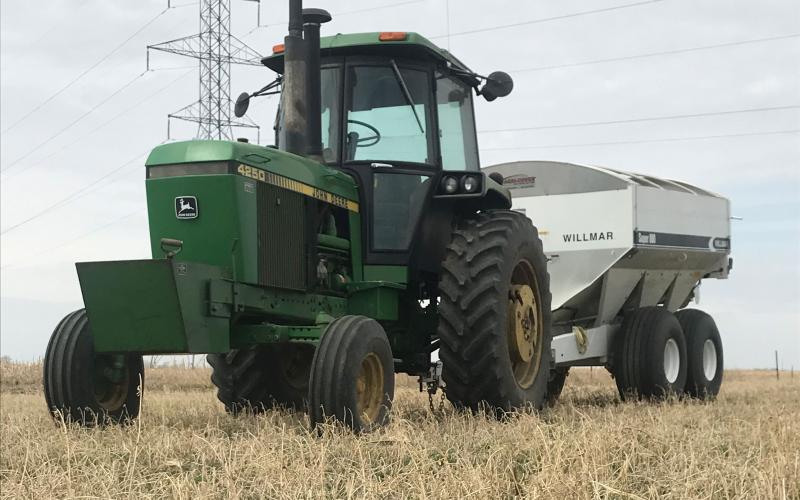
Fertilizing Forages in South Dakota
Spring is a busy time for South Dakota farmers and ranchers with planting, calving, and other field preparations. Soil sampling and fertilizing pastures, alfalfa, or other forages might be overlooked.
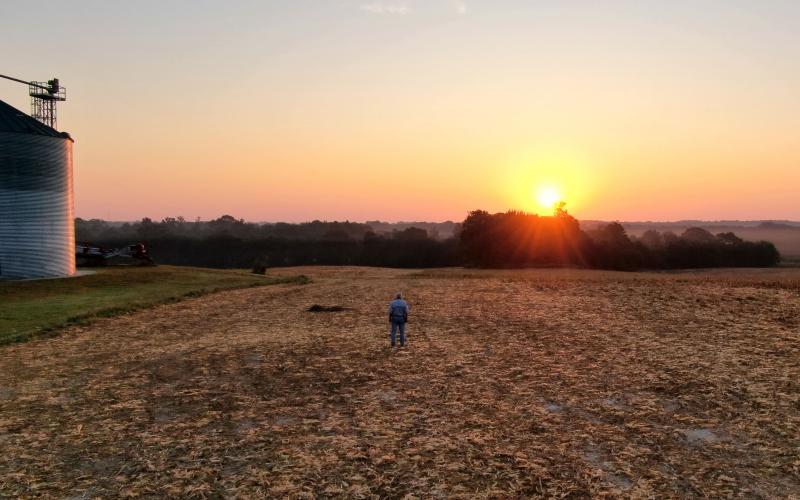
Being Proactive and Prepared During the COVID-19 Pandemic: Tips for South Dakota Farmers and Ranchers
August 10, 2020
Are you prepared to be gone from your operation for a month?
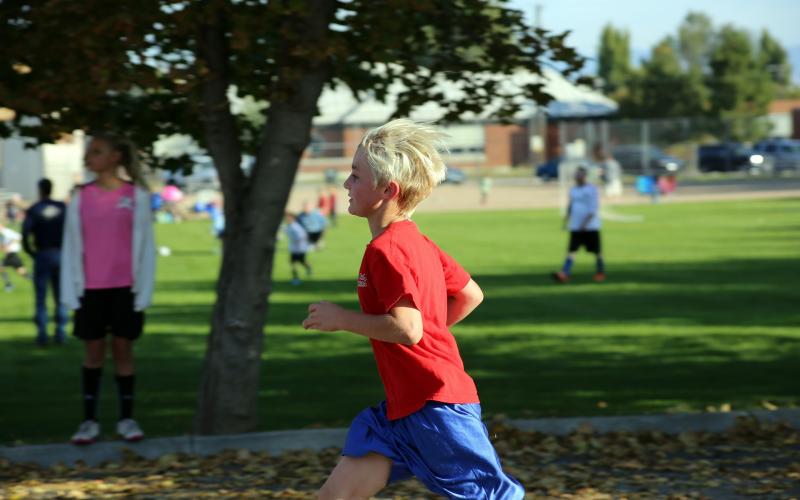
South Dakota 4-H Hosts Operation: Healthy Habits Challenge
October 08, 2021
During these unprecedented and occasionally sedentary times, South Dakota 4-H is encouraging South Dakota residents to get active, be active and stay active by participating in the Operation: Healthy Habits Challenge.
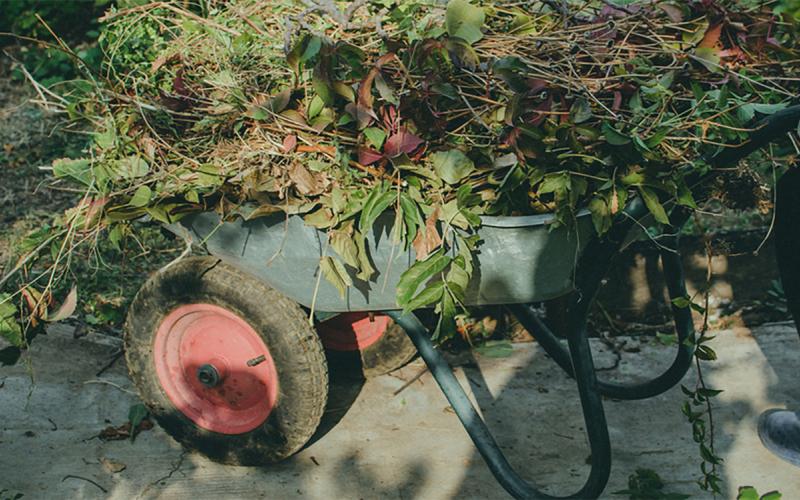
Fall Vegetable Garden Cleanup
Fall cleanup can help with the success of your garden next year, as diseased plants left over the winter can provide fungal or bacterial spores waiting to infect next year's plants. Learn some tips for getting started!
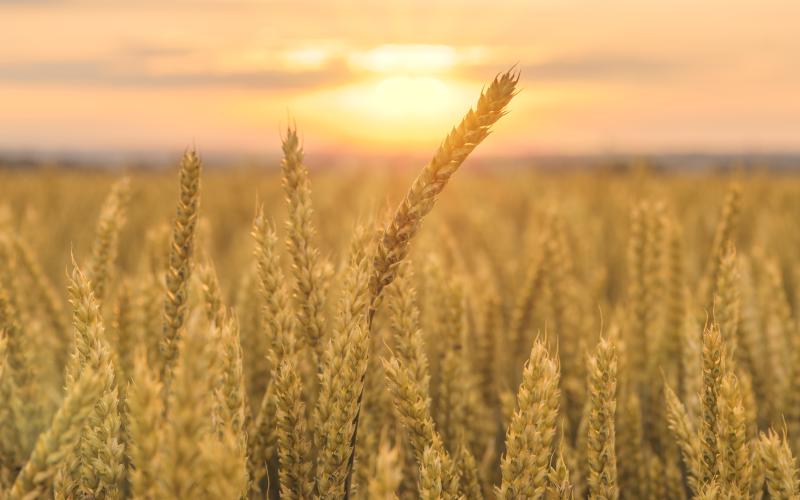
2019 Wheat Field Plot Trials Summary: Fungal and Bacterial Disease Trials
This publication provides a summary of wheat trials conducted in 2019 to determine efficacy of various products in managing wheat diseases.
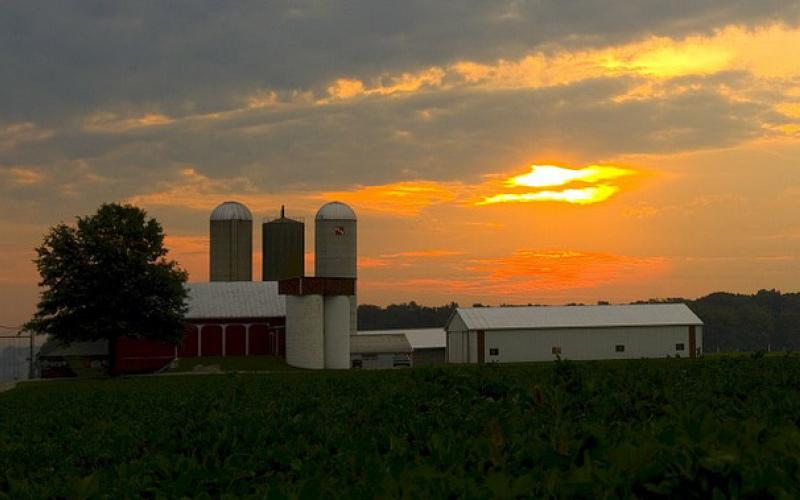
Recognizing Symptoms of Stress During Farming Challenges
Fact sheet to help recognize symptoms of stress during a farming challenge.

Creating a Sensory Garden
A sensory garden is a garden that has a collection of plants that are appealing to one or more of the five senses; sight, smell, sound, taste, and touch. Sensory gardens should be accessible for all people to enjoy - disabled and non-disabled. Sensory gardens are typically geared towards young children, but are enjoyed by people of all ages.

Alfalfa Weevil Activity Prediction Update: April 27, 2020
It is finally warming up across much of South Dakota and that means the degree days are beginning to accumulate more rapidly. Alfalfa weevil activity is likely in areas around Rapid City, Hot Springs, Cottonwood, Mission, Pierre, Winner and Vermillion.

2020 South Dakota Overwintering Bean Leaf Beetle Predicted Mortality
Although bean leaf beetles won’t be emerging for a while yet, it is important to be prepared for potential early season defoliation. Once soybean are planted and begin emerging, the overwintering population of bean leaf beetle adults will move into soybean fields and begin feeding on the seedlings.